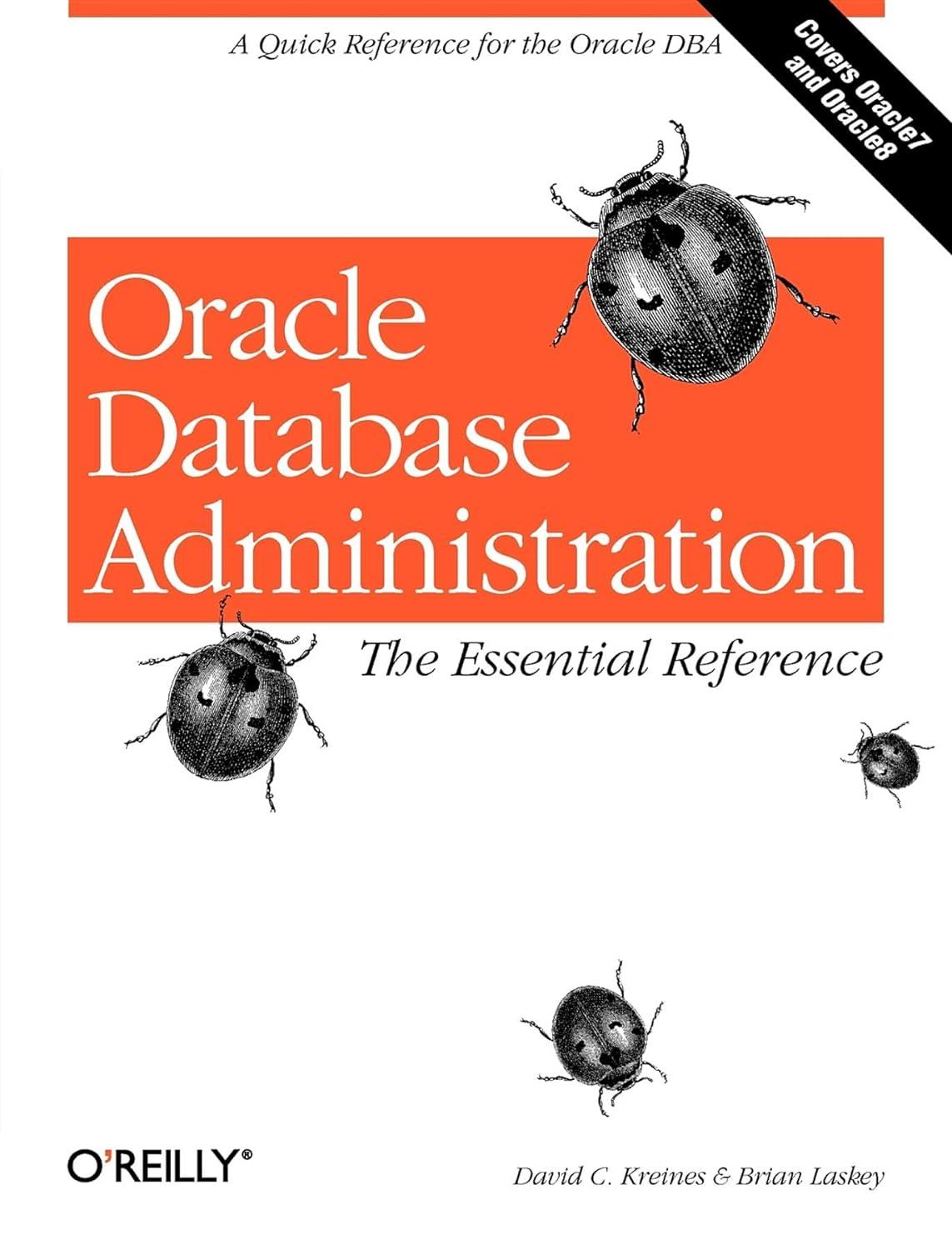Question
Help with C++ program, PLEASE use and do not alter the starting code and include the given instructions. Thank you! #include #include const int FIRST_STAGE_MILEAGE
Help with C++ program, PLEASE use and do not alter the starting code and include the given instructions. Thank you!
#include
#include
const int FIRST_STAGE_MILEAGE = 50000;
const int CARBON_MONOXIDE = 1;
const int HYDROCARBON = 2;
const int NITROGEN_OXIDE = 3;
const int NONMETHANE_HYDROCARBON = 4;
const double CARBON_MONOXIDE_ALLOWED1 = 3.4;
const double CARBON_MONOXIDE_ALLOWED2 = 4.2;
const double HYDROCARBON_ALLOWED1 = 0.31;
const double HYDROCARBON_ALLOWED2 = 0.39;
const double NITROGEN_OXIDE_ALLOWED1 = 0.4;
const double NITROGEN_OXIDE_ALLOWED2= 0.5;
const double NONMETHANE_HYDROCARBON_ALLOWED1 = 0.25;
const double NONMETHANE_HYDROCARBON_ALLOWED2 = 0.31;
using namespace std;
void outputMenu ();
//function prototypes to get allowable level and determine if within
bounds
double getAllowableLevel (double gramsPerMileAllowed1, double
gramsPerMileAllowed2, int odometer);
int main (int argc, char *argv[])
{
int pollutant;
double gramsPerMile;
int odometer;
bool compliant;
double allowableGramsPerMile;
outputMenu();
cout
cin >> pollutant;
cout
cin >> gramsPerMile;
cout
cin >> odometer;
switch (pollutant)
{
case CARBON_MONOXIDE:
allowableGramsPerMile =
getAllowableLevel(CARBON_MONOXIDE_ALLOWED1, CARBON_MONOXIDE_ALLOWED2,
odometer);
break;
case HYDROCARBON:
allowableGramsPerMile = getAllowableLevel(HYDROCARBON_ALLOWED1,
HYDROCARBON_ALLOWED2, odometer);
break;
case NITROGEN_OXIDE:
allowableGramsPerMile = getAllowableLevel(NITROGEN_OXIDE_ALLOWED1,
NITROGEN_OXIDE_ALLOWED2, odometer);
break;
case NONMETHANE_HYDROCARBON:
allowableGramsPerMile =
getAllowableLevel(NONMETHANE_HYDROCARBON_ALLOWED1,
NONMETHANE_HYDROCARBON_ALLOWED2, odometer);
break;
}
string compliance;
compliant = gramsPerMile
if (compliant)
compliance = "within";
else
compliance = "exceeds";
cout
allowableGramsPerMile
cin.ignore();
cin.get();
}
void outputMenu ()
{
cout
cout
cout
cout
hydrocarbons"
}
//Given an odometer reading, returns the allowable level
double getAllowableLevel (double gramsPerMileAllowed1, double
gramsPerMileAllowed2, int odometer)
{
if (odometer
{
return gramsPerMileAllowed1;
}
else
{
return gramsPerMileAllowed2;
}
}

Step by Step Solution
There are 3 Steps involved in it
Step: 1

Get Instant Access to Expert-Tailored Solutions
See step-by-step solutions with expert insights and AI powered tools for academic success
Step: 2

Step: 3

Ace Your Homework with AI
Get the answers you need in no time with our AI-driven, step-by-step assistance
Get Started


